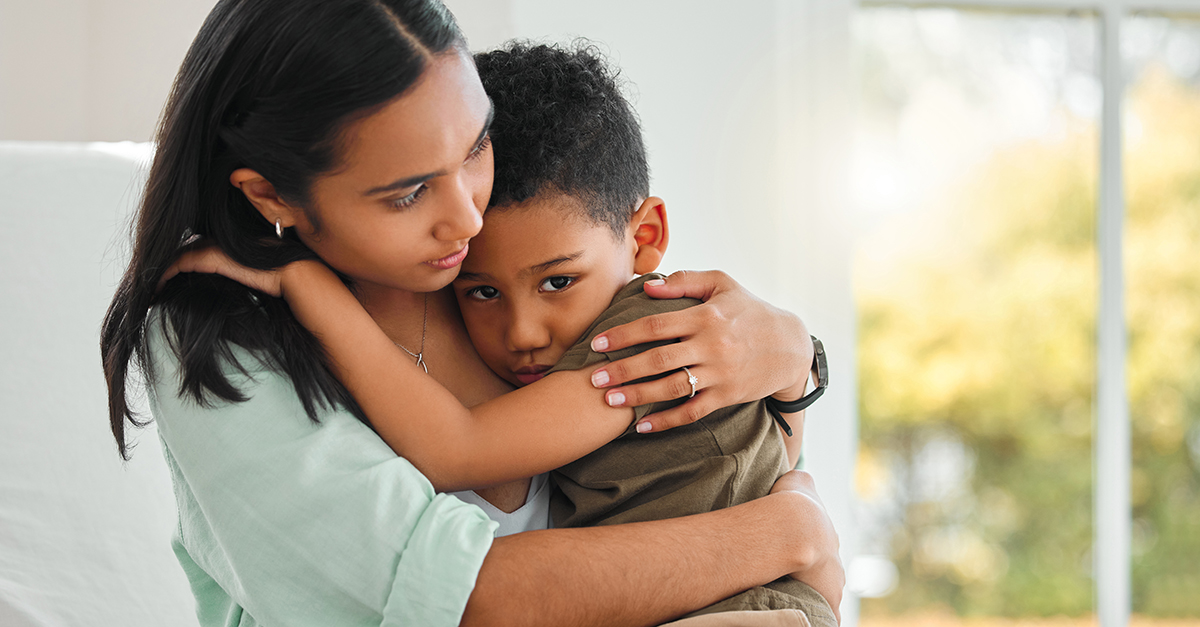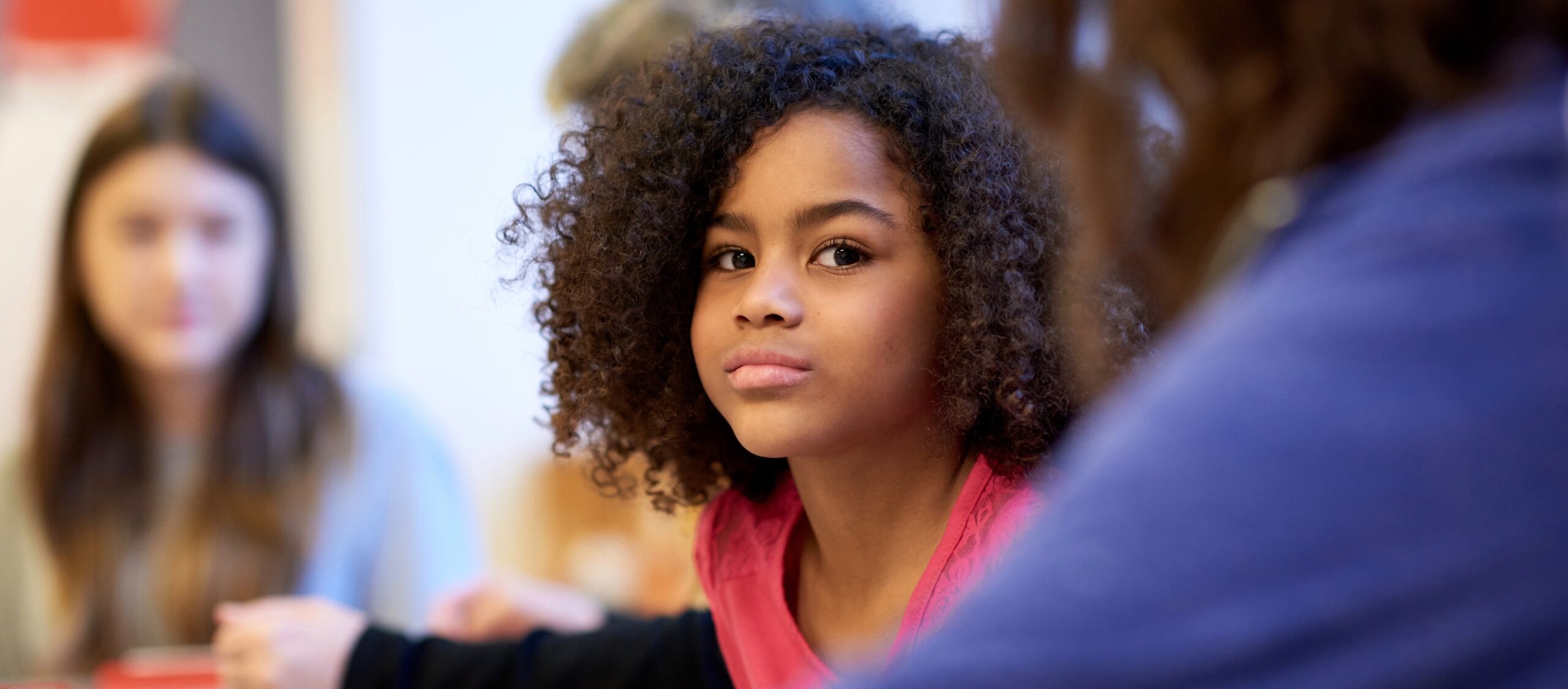WHAT IS HEMATURIA?
Hematuria is the presence of blood in the urine. There are two types:
- Gross hematuria: when the blood is visibly noticeable in the urine. It will look pink, red or brown and cloudy.
- Microscopic hematuria: when the blood can only be seen under a microscope.
HOW DO YOU KNOW IF YOUR CHILD HAS MICROSCOPIC HEMATURIA?
So if the blood in the urine can’t be seen, how will parents know it’s there and what does it mean once it’s found? Typically when we find microscopic blood in the urine, another symptom has initially brought kids to the doctor’s office. Those symptoms are:
- Puffiness, particularly around the eyes, hands or feet (swelling in these areas can go along with inflammation in the kidneys)
- Pain in the abdomen, pain in scrotum, groin or penis for boys and pain the urethra or vagina for girls
- Dehydration or low urine output
- Symptoms of an undiagnosed urinary tract infection (UTI), which can include pain or no pain with increased frequency of urination and/or wetting accidents.
- Injury to the back or abdomen
WHEN TO SEE A DOCTOR
Some children naturally have blood in their urine and it’s not a cause for concern (but they might need to be followed for a year or so just to make sure). Other kids may have an underlying condition or family history of disease that may need to be treated.
Microscopic hematuria does not usually need to be investigated in otherwise healthy children. However, more evaluation is needed if your child has had three urine tests with microscopic hematuria over several months, or if other things are happening at the same time, such as:
- Hematuria with protein in the urine (could indicate kidney disease)
- Hematuria along with high blood pressure (could indicate kidney disease)
- Hematuria along with abnormalities on an ultrasound of the kidneys (kidney stones, kidney disease, swollen kidneys or cystic kidney disease)
Gross hematuria, or visible blood in the urine, usually needs an evaluation more quickly, especially to check for high blood pressure and to be sure the kidneys are functioning normally.
It is helpful to note if the gross hematuria occurred at the time of a cold or flu, after a Strep infection or injury, or was associated with pain while urinating or other pain in the back or abdomen.
If you suspect your child has hematuria, call your pediatrician for further testing.






My daughter is 11 mnths old she was diagnosed with vur grade 2 when she was 3 mnths n was on prophalactic antibiotics till 6 mnths during which she had only couple of incidents of uti. After which i stopped those medicines till now n she was alright with no episodes of uti for last 5 months. But after 5 mnths she again has uti plus rbcs in her urine for the first time , can it be bcoz of reflux or otherwise. And do u recommend dmsa scan to see whether kidneys are alright or ultrasound can do